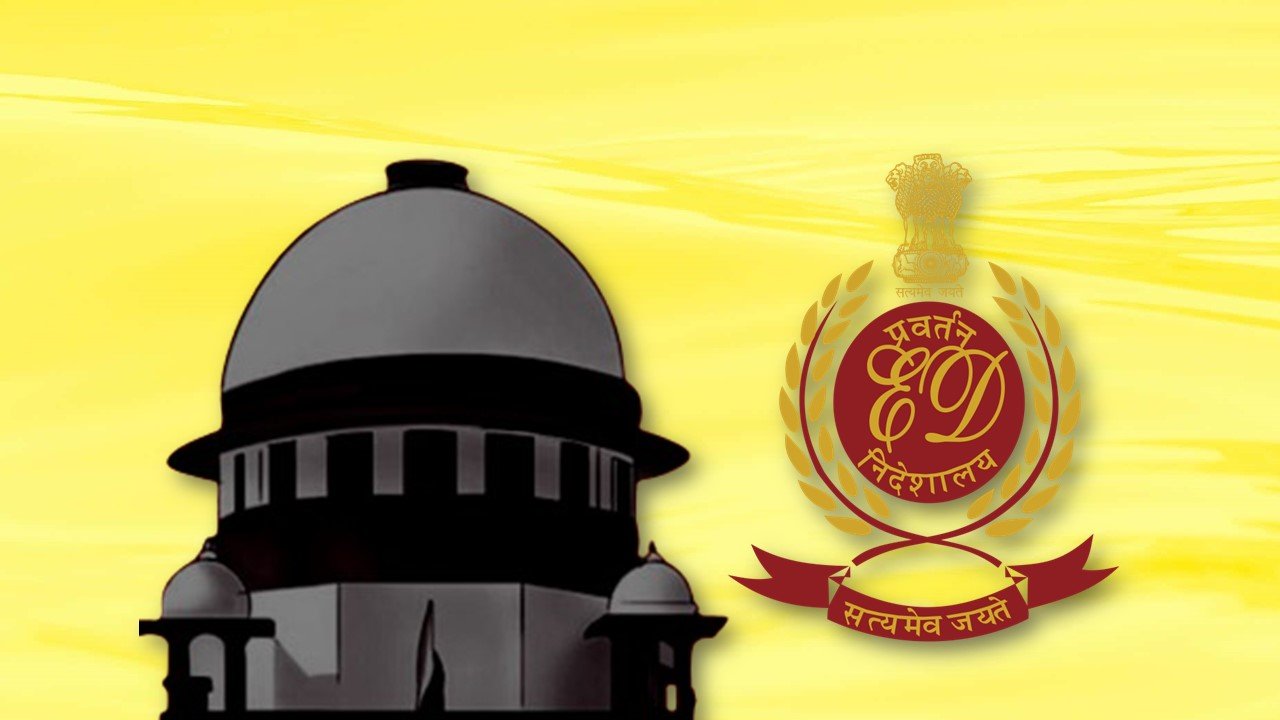The Supreme Court has recently warned the Enforcement Directorate (ED) that it must operate within the four corners of the law and not behave like a rogue. This remark comes after the observation of the apex court that the ED has registered about 500 ECIRs, and the conviction rate is just less than 10 per cent. The Court has raised concerns over the agency’s low conviction rate and prolonged detention of individuals subsequently acquitted.
Judges Raise Concerns Over Low Convictions and Legal Overreach
A bench comprising Justices Surya Kant, Ujjal Bhuyan, and N. Kotiswar Singh pointed to troubling statistics: over 5,000 Enforcement Case Information Reports (ECIRs) have been filed in the past five years, but less than 10% of cases have led to convictions. Justice Bhuyan stressed that the agency’s approach must reflect its role as a law-enforcing body, not a law-breaking one, adding that they are also concerned about the image of ED. Authorities must bolster investigation quality and strengthen witness support to preserve personal liberties and public trust.
FCRF Launches India’s Premier Certified Data Protection Officer Program Aligned with DPDP Act
Calls for Dedicated PMLA Courts to Expedite Trials
Justice Kant suggested following the example of TADA and POTA courts by establishing dedicated PMLA courts, which will be the specialized courts to conduct daily proceedings and deter powerful accused individuals from filing repetitive motions to delay trials, thus helping to address systemic delays. Echoing the cautionary tone, another Supreme Court bench led by Chief Justice B.R. Gavai raised alarm over how prolonged pre-trial detention effectively punishes without conviction. Justice Gavai questioned, “Even if convictions were not secured, you have been successful in sentencing them almost without trial for years together.” Addressing Attorney General Venkataramani, the CJI has also said that both the central agency and its officers are found crossing their limits in many cases. This judicial chastisement underscores the Supreme Court’s insistence that investigative powers, however broad, must be tempered with due process and constitutional safeguards.


